A 2024 peer-reviewed study shows that adding these two mushrooms to your morning brew can boost brain health, immunity, and antioxidants.
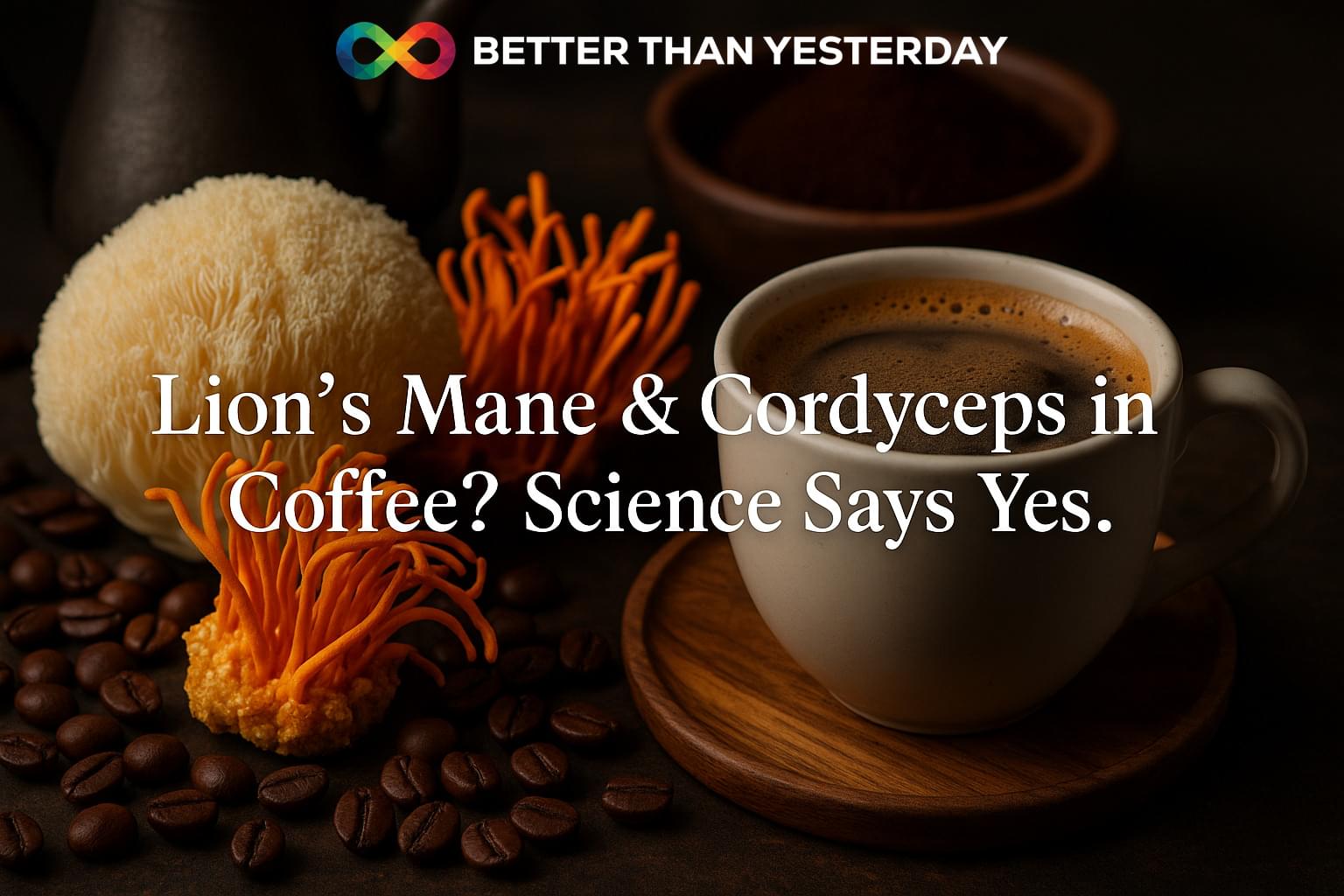


New research from Harvard T.H. Chan School of Public Health and Ben Gurion University in Israel reveals that nearly one-third of people who stuck to a healthy diet didn’t lose any weight, but still saw impressive health improvements.
Even without shedding pounds, participants experienced key benefits to their cardiometabolic health. These included higher levels of HDL cholesterol (often called the “good” cholesterol), reduced levels of leptin (a hormone that drives hunger), and less visceral fat, which is the deep belly fat that can surround vital organs.
“We have been conditioned to equate weight loss with health, and weight loss-resistant individuals are often labeled as failures,” said lead author Anat Yaskolka Meir, postdoctoral research fellow in the Department of Epidemiology at Harvard Chan School. “Our findings reframe how we define clinical success. People who do not lose weight can improve their metabolism and reduce their long-term risk for disease. That’s a message of hope, not failure.”
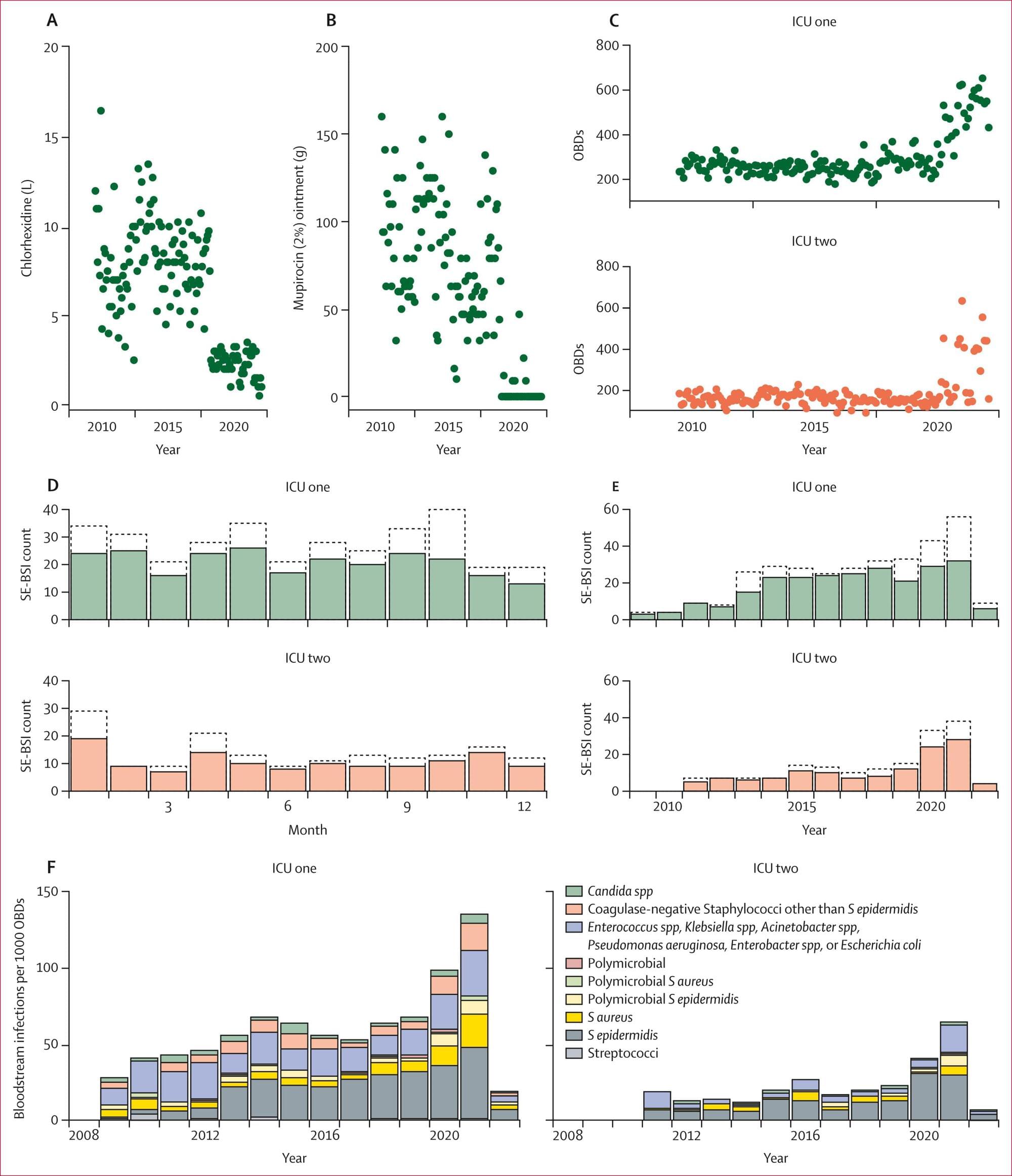
An international study has, for the first time, revealed a strong and direct link between the rise of antibiotic-resistant bacteria and universal disinfection procedures applied to patients in intensive care units. Published in The Lancet Microbe, the study calls for a reassessment of health care guidelines on the widespread use of disinfectants.
“Our research highlights the unintended consequences of universal decolonization in a global context where antibiotic resistance is an increasing threat,” says Marco Oggioni, professor at the Department of Pharmacy and Biotechnology at the University of Bologna and one of the study’s authors. “Coordinated efforts to prevent antibiotic-resistant infections are crucial, but they must not prevent us from critically re-evaluating the tools we use to achieve these goals.”
Universal decolonization is a preventive procedure applied to patients upon admission to intensive care. The entire body is disinfected with chlorhexidine—a commonly used antiseptic also employed to sanitize medical devices and hospital surfaces—and an additional nasal treatment is administered with another disinfectant, mupirocin.


A new study from The University of Texas at Arlington details a novel strategy for how the body clears out dead cells during stress, revealing unexpected roles for well-known stress-response genes—a discovery that could help scientists better understand diseases affecting the immune system, brain and metabolism.
“The body is constantly creating new cells and removing old cells once they die,” said Aladin Elkhalil, lead author of the study and a third-year doctoral student in the lab of Piya Ghose, assistant professor of biology at UT Arlington. “This removal of dead cells is just as important as creating new ones, because if the body is unable to rid itself of dead cells, it can lead to various health problems”
Published in PLOS Genetics, the study was conducted on the roundworm C. elegans by Dr. Ghose, Elkhalil and Alec Whited, another graduate student in the Ghose lab. This tiny, transparent organism is a widely used tool in genetic research because its see-through body allows scientists to observe live cell behavior, including how cells die. The research team took advantage of these unique features in several innovative ways.
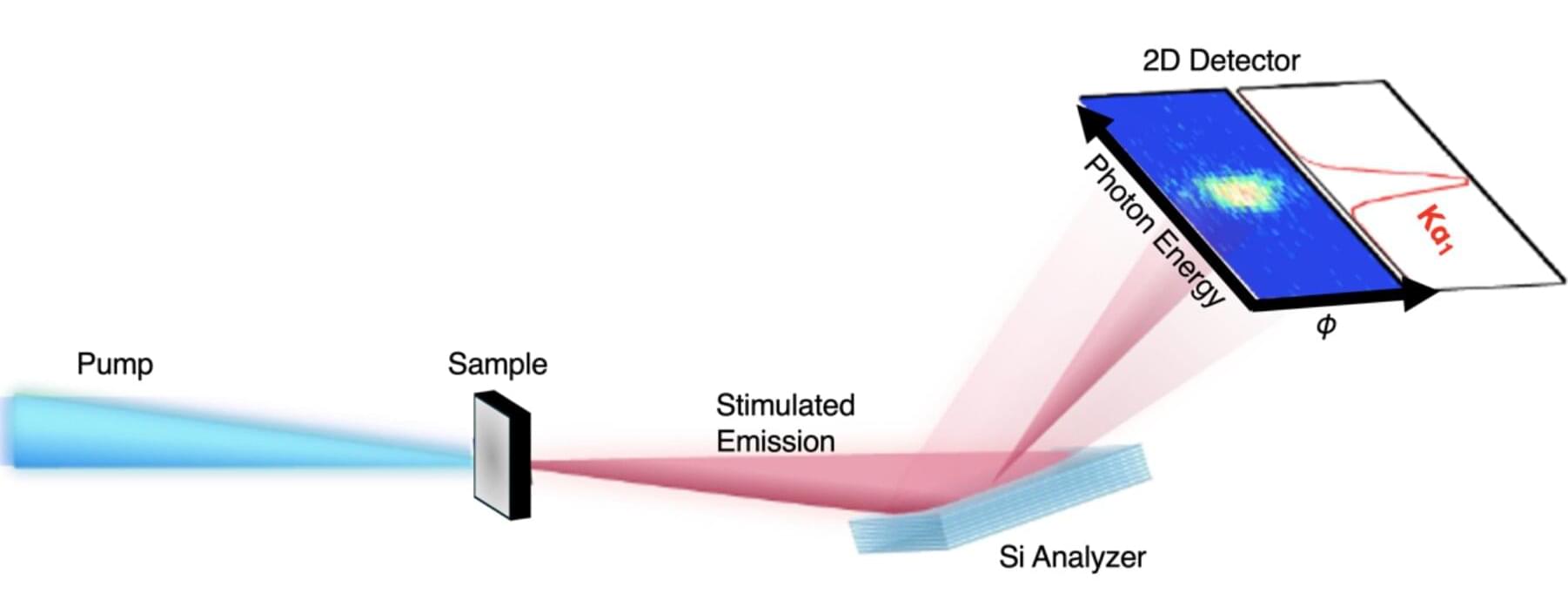
Once only a part of science fiction, lasers are now everyday objects used in research, health care and even just for fun. Previously available only in low-energy light, lasers are now available in wavelengths from microwaves through X-rays, opening a range of different downstream applications.
In a study published in Nature, an international collaboration led by scientists at the University of Wisconsin–Madison has generated the shortest hard X-ray pulses to date through the first demonstration of strong lasing phenomena.
The resulting pulses can lead to several potential applications, from quantum X-ray optics to visualizing electron motion inside molecules.
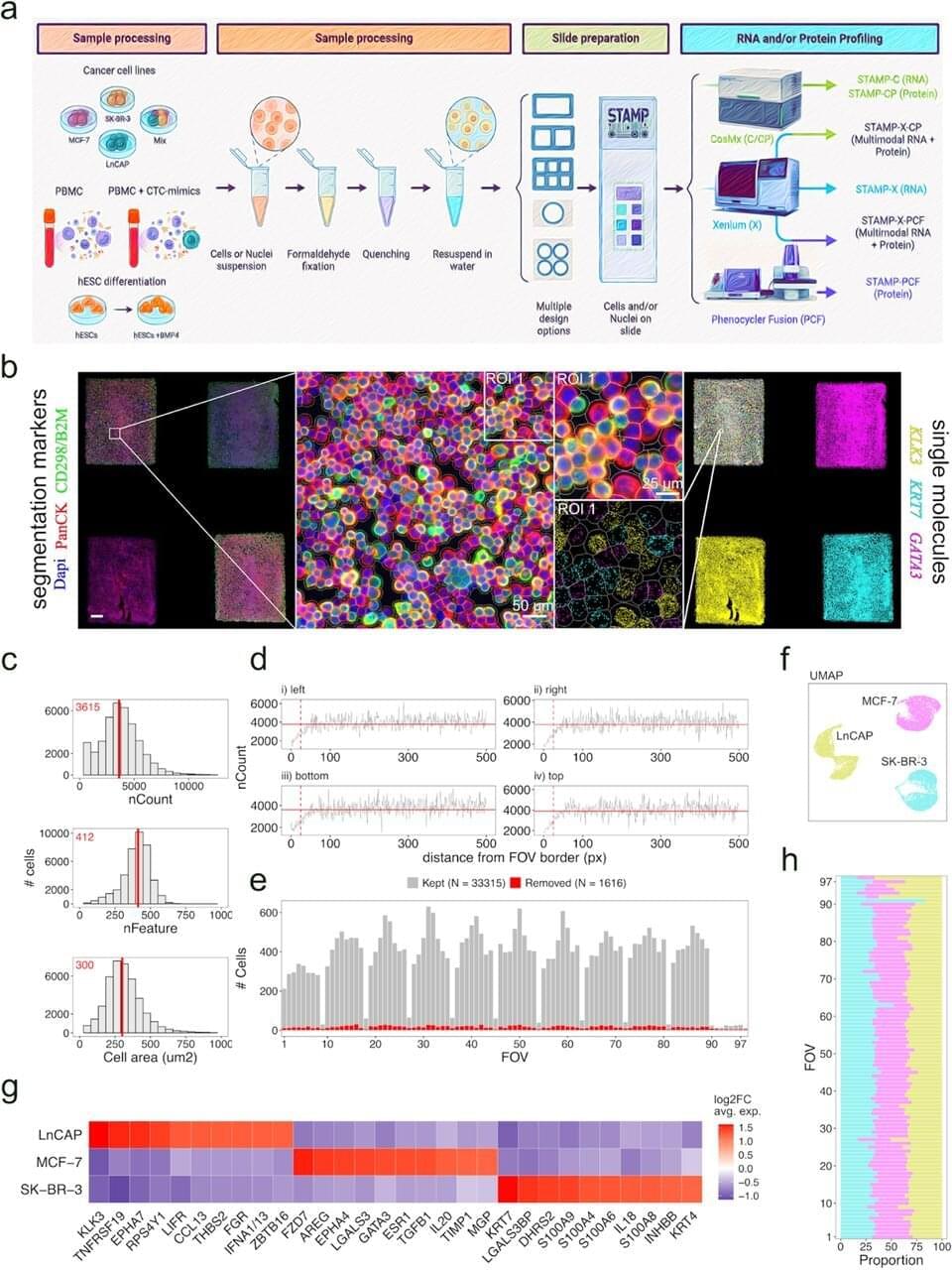
Scientists at St. Jude Children’s Research Hospital, the National Center for Genomic Analysis and the University of Adelaide have created a single-cell RNA analysis method that is 47 times cheaper and more scalable than other techniques.
Single-cell RNA sequencing provides scientists with important information about gene expression in health and disease. However, the technique is expensive and often prohibits analysis of large numbers of cells.
Scientists from St. Jude Children’s Research Hospital, the National Center for Genomic Analysis and the University of Adelaide have created a method that combines microscopy with single-cell RNA analysis to overcome these limitations. The technique called Single-Cell Transcriptomics Analysis and Multimodal Profiling through Imaging (STAMP) can look at millions of single cells for a fraction of the cost of existing approaches.
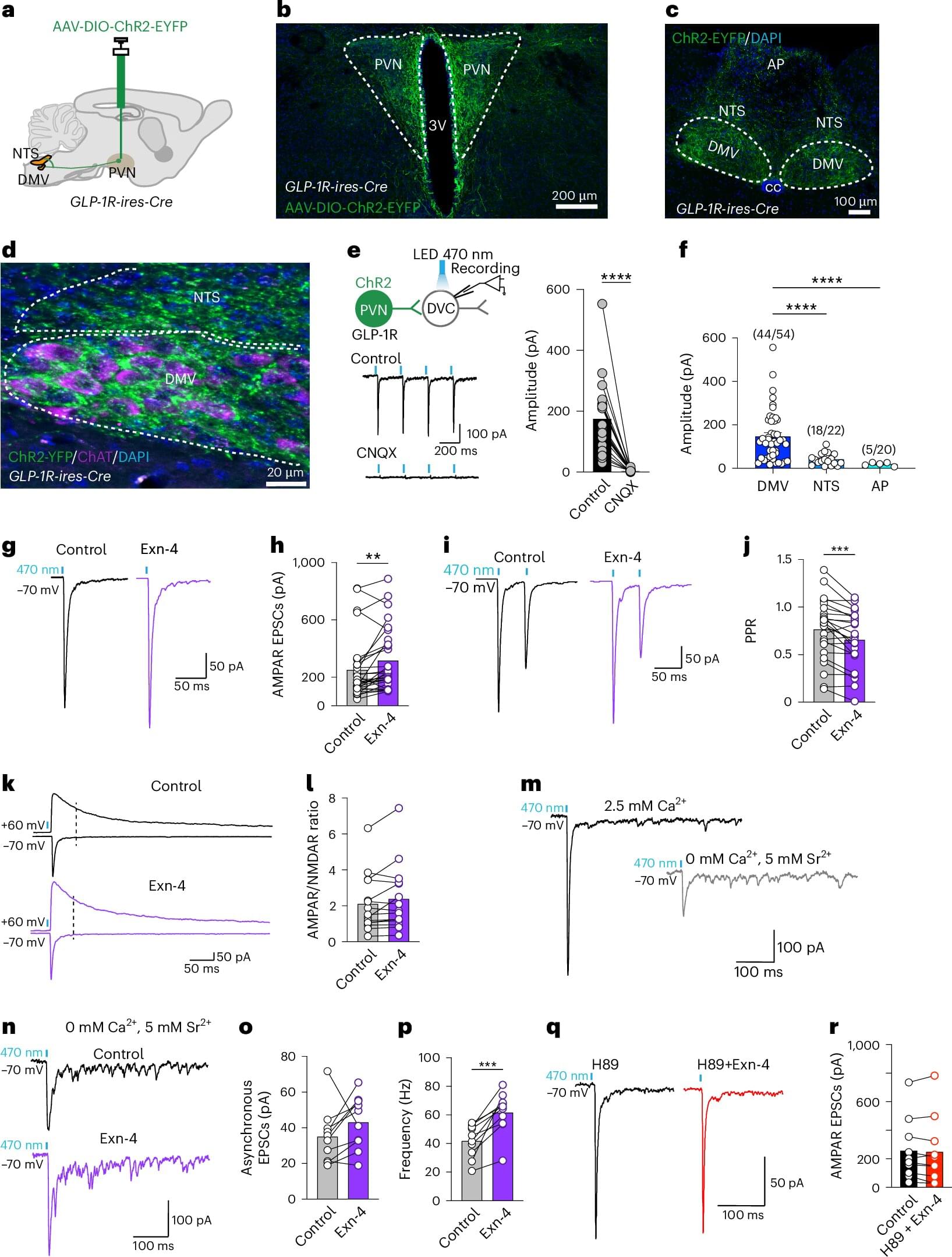
Scientists know the stomach talks to the brain, but two new studies from Rutgers Health researchers suggest the conversation is really a tug-of-war, with one side urging another bite, the other signaling “enough.”
Together, the papers in Nature Metabolism and Nature Communications trace the first complementary wiring diagram of hunger and satiety in ways that could refine today’s blockbuster weight-loss drugs and blunt their side effects.
One study, led by Zhiping Pang of Robert Wood Johnson Medical School’s Center for NeuroMetabolism, pinpointed a slender bundle of neurons that runs from the hypothalamus to the brainstem.
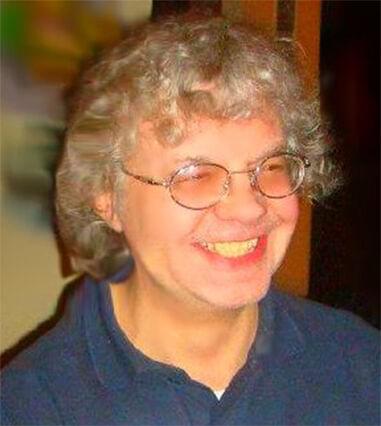
Published by IFERS of Beverley Hills, May 2025.
#fypageシ #trending #autism #autismo #health #wellness
Autism, Family & You [Hale Ph.D., Ian, Lee, Newton, Carrier, Chloe Estelle] on Amazon.com. *FREE* shipping on qualifying offers. Autism, Family & You.
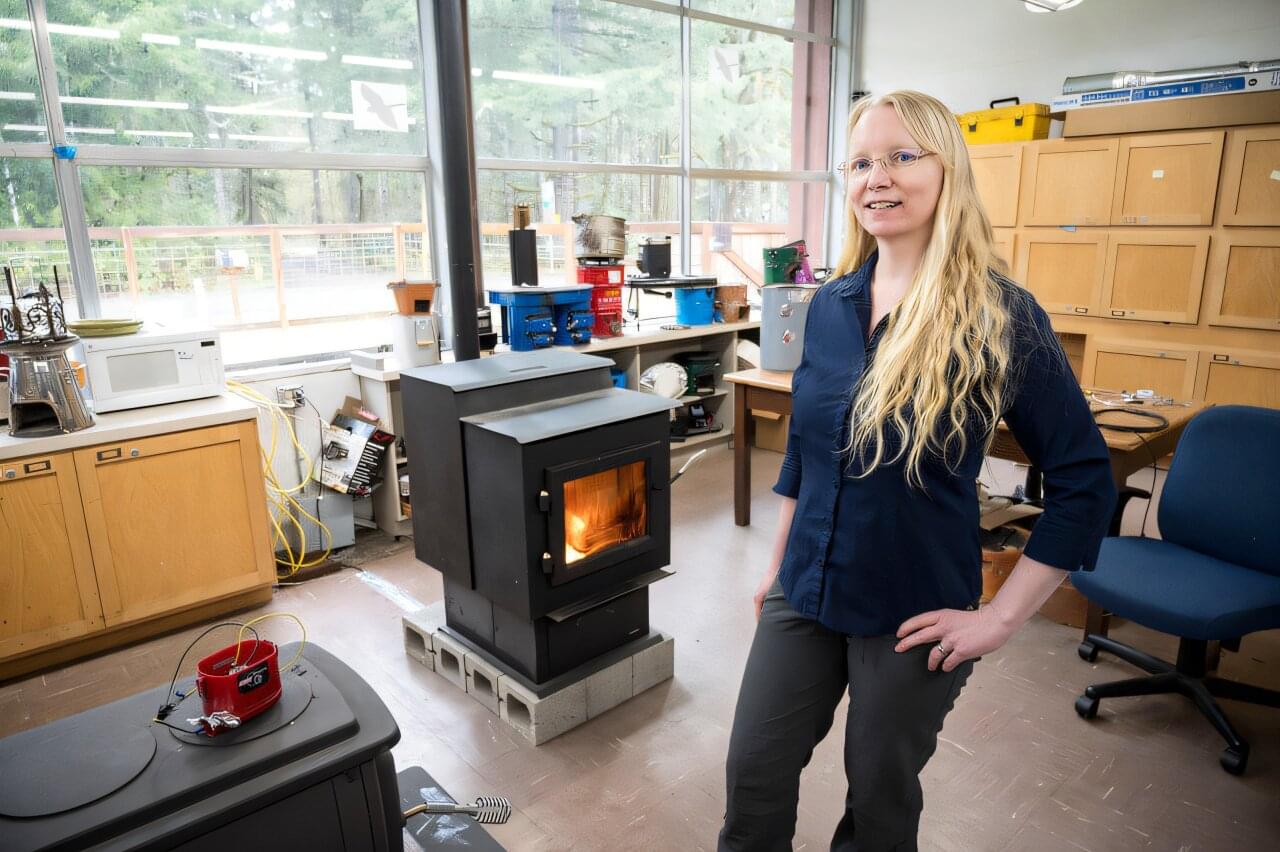
Oregon State University researchers are gaining a more detailed understanding of emissions from wood-burning stoves and developing technologies that allow stoves to operate much more cleanly and safely, potentially limiting particulate matter pollution by 95%.
The work has key implications for human health as wood-burning stoves are a leading source of PM2.5 emissions in the United States. PM2.5 refers to fine particulate matter with a diameter of 2.5 micrometers or smaller that can be inhaled deeply into the lungs and even enter the bloodstream. Exposure to PM2.5 is a known cause of cardiovascular disease and is linked to the onset and worsening of respiratory illness.
Even though a relatively small number of households use wood stoves, they are the U.S.’s third-largest source of particulate matter pollution, after wildfire smoke and agricultural dust, said Nordica MacCarty of the OSU College of Engineering.